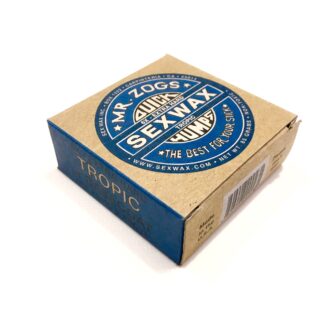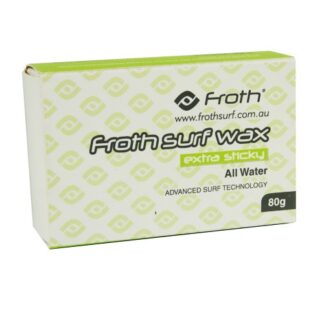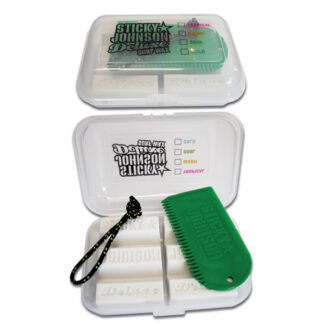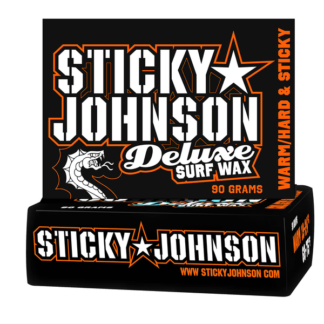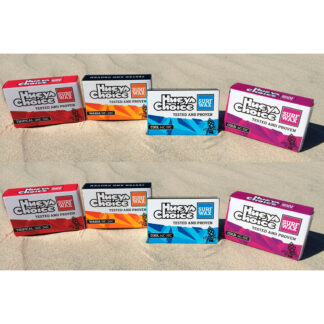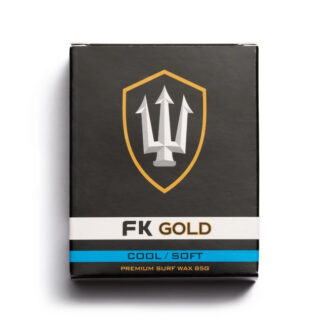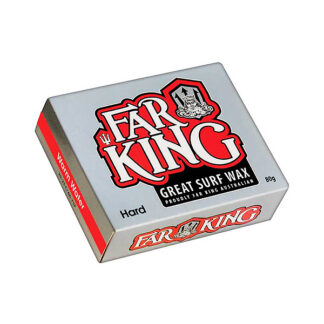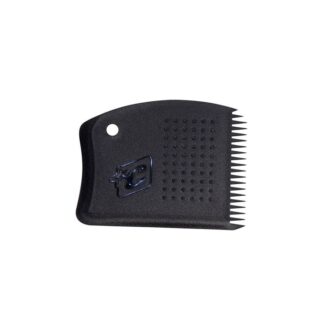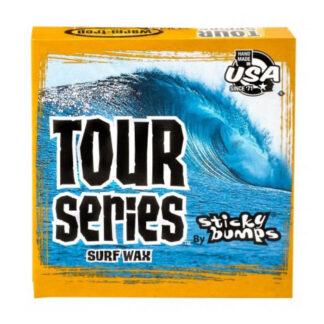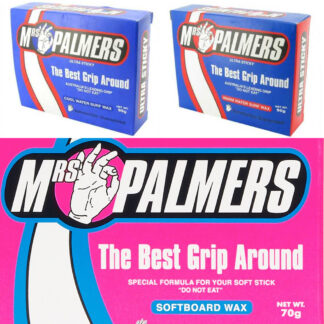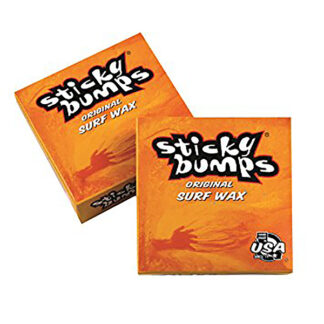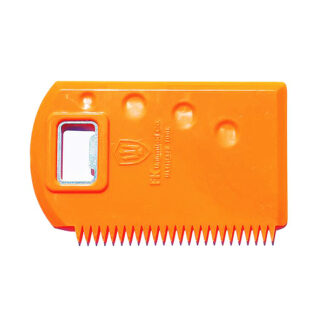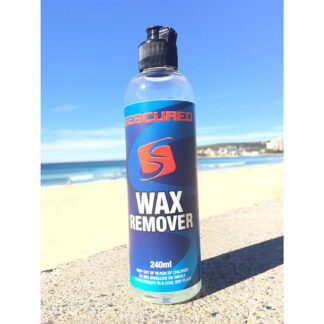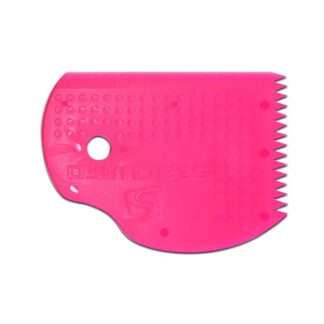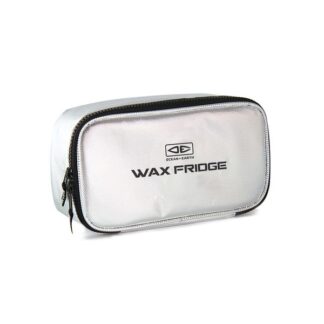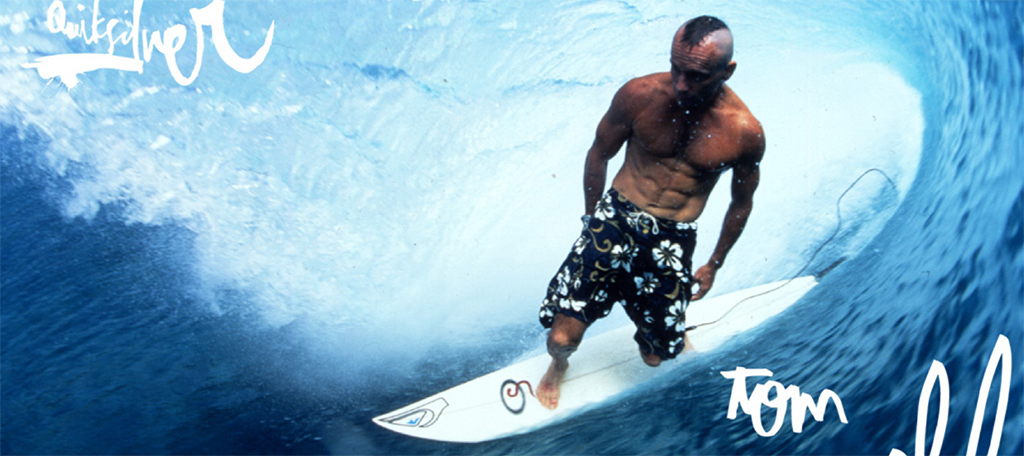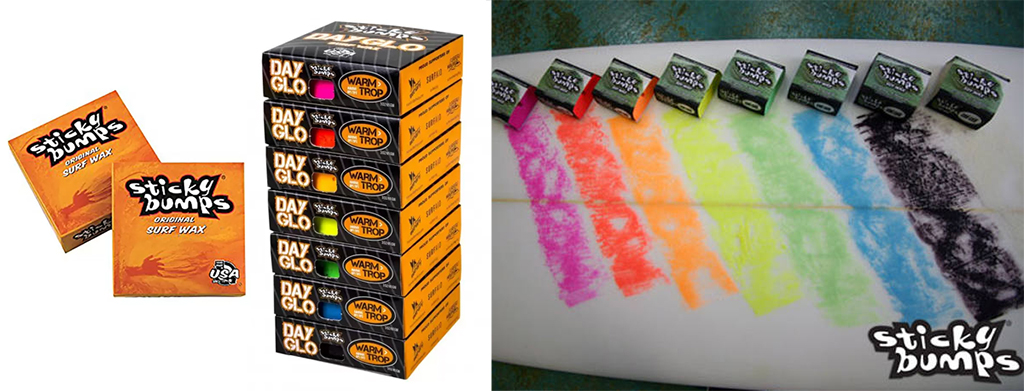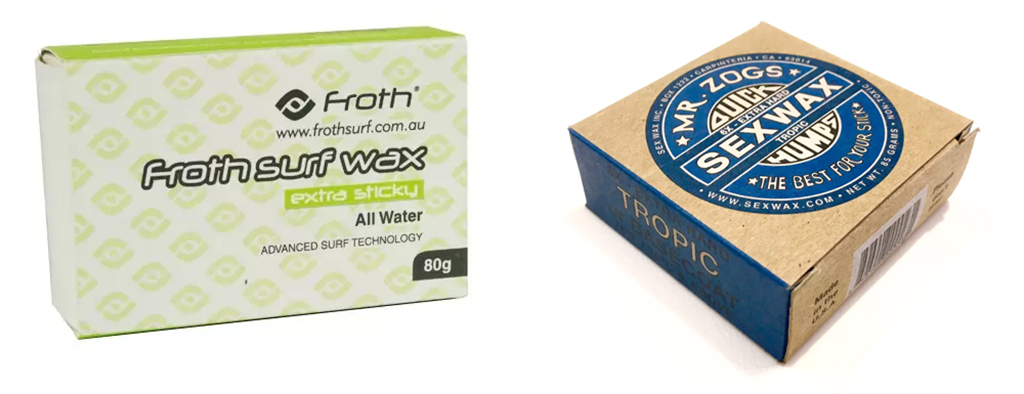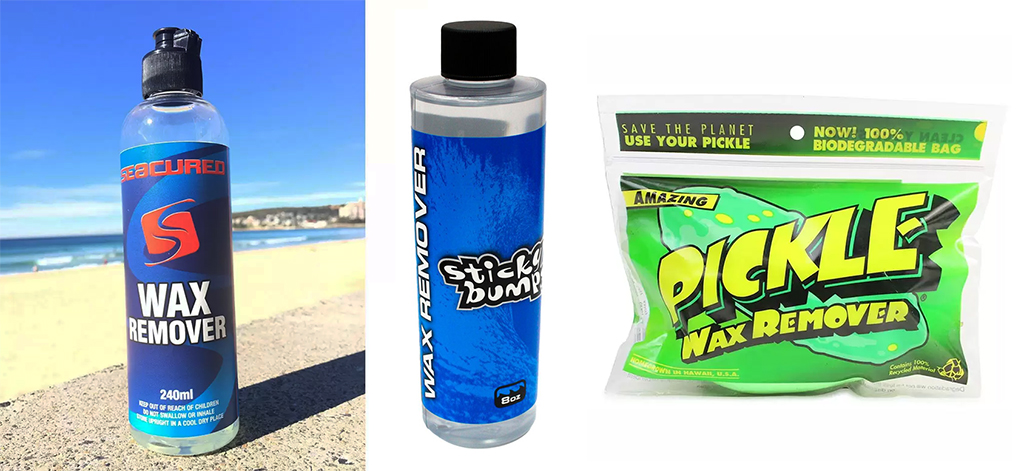Showing 1–16 of 23 resultsSorted by popularity
-
Cream Surfboard Wax
$7.95 Select options This product has multiple variants. The options may be chosen on the product page -
Sex Wax Surf Wax
$6.95 Select options This product has multiple variants. The options may be chosen on the product page -
Froth All Water Extra Sticky Surf Wax
$7.00 Select options This product has multiple variants. The options may be chosen on the product page -
Sticky Johnson Surf Wax Pack
$19.95 Select options This product has multiple variants. The options may be chosen on the product page -
Sticky Johnson Deluxe Surf Wax
$6.00 Select options This product has multiple variants. The options may be chosen on the product page -
Hueys Surf Wax
$6.00 Select options This product has multiple variants. The options may be chosen on the product page -
FK Gold 85g Wax
$5.50 Select options This product has multiple variants. The options may be chosen on the product page -
Far King Wax
$6.00 Select options This product has multiple variants. The options may be chosen on the product page -
Creatures Wax Comb
$4.50 Add to cart -
Sticky Bumps Tour Series Surf Wax
$4.95 Select options This product has multiple variants. The options may be chosen on the product page -
Palmers Surfboard Wax
$5.99 Select options This product has multiple variants. The options may be chosen on the product page -
Sticky Bumps Original Surf Wax
$4.95 Select options This product has multiple variants. The options may be chosen on the product page -
FK Wax Comb Bottle Opener
$3.95 Select options This product has multiple variants. The options may be chosen on the product page -
Seacured Wax Remover
$14.95 Select options This product has multiple variants. The options may be chosen on the product page -
Sea Cured Easy Grip Wax Comb
$5.00 Select options This product has multiple variants. The options may be chosen on the product page -
Ocean & Earth Wax Fridge
$20.00 Read more
Showing 1–16 of 23 resultsSorted by popularity
Surfboard Wax
Surfboard wax is a key accessory for your surfing and can greatly help your performance. The traction that wax provides is essential for you to stay on your board. All wax may seem the same, different only in packaging, fragrance and perhaps ECO claims. However waxes have different formulations to match your personal preference and there’s tips in their application that will make a big difference to your surfing.
Wax is one of the essentials of surfing. You can get grip so you don’t need wax. However it is more true that you don’t need any grip and can surf great with just wax. Tom Carroll charging above is a 2 times World Champion who used no grip while all his competitors did. Check his board in this pic, there’s only wax, no grip, no tail pad
Wax Temperatures
Wax category colours and naming can be confusing. Does red packaging denote a hot or cold wax, soft or hard? In this case Hueys red packaging is for their tropical wax. The red denotes a hot water temperature. So the wax formula will be hard so it doesn’t melt in the heat and warmer water. Similarly the blue packaged Cool wax will be softer, able to be easily applied and give good traction in cooler water
Surfboard wax is broken down into formulas for specific water temperatures. Take a moment to understand this as the naming can get confusing.
Cold water wax is softer so it goes on easily and is effective in cold water, not freezing up or getting hard and slippery.
Warm water wax is hard so it stays on your board and doesn’t just smear off with pressure from your chest paddling out or from your foot from surfing in warmer water.
Confusion comes with the colours used. So Cold water wax can come in a dark blue package making you think it is a harder wax, when in fact it is softer.
Between Cold and Tropical warm water wax categories there’s a range of different formulations to work effectively in the varying water temperatures. Some wax brands include recommended water temperature ranges on their packaging.
So make sure you use the right surfboard wax for the water temperature you’re surfing in.
Waxing Up
For your first wax-up you can just rub wax on your board any way you want. Having a planned approach though will give you more comprehensive wax coverage. Note the main areas that need deeper wax are those where your chest lays when you are paddling as this is also where your feet land. So apply more wax there. The image above shows wax lines applied, then crossed wax lines, then wax circles
Surfboard wax can be used by itself. There are also pads, tail pads and deck pads, as well as traction pieces that can be applied to your board too. However you do not need these and can wax your board from nose to tail.
So how do you proceed to wax-up your new board? You can simply get the wax out of its packaging and rub it on your board. There’s a few tips though to waxing-up that use various levels of planning and your effort and that will also create more affective application.
Waxing-up with your wax warmer than your board will make it go on easier. Your wax shouldn’t be hot or cold. Just above the ambient temperature will make it leave the block easily and adhere to your board. In rare situations such as in the tropics you may need to cool your board, so you could put your board in the shade or wax it up in the water.
Each rub or wax stroke should leave a smear on your board. The smears will build up as you rub more wax on. You don’t rub pushing down so firmly that each rub rubs off the previous wax. It’s a motion that can be light with a slight push down while moving across or in a circular motion on your board. If you get tired rubbing the surfboard wax in one direction, try reversing your action, changing hands, doing circles.
Wax can also be used to create patterns on your board. The Sticky Bumps brand has several wax types in its range. These include their Original wax and their Day Glo wax. The Day Glo is all the same formula so it’s not about being softer or harder. It’s all about art so you can create colour patterns or match you wax colour to your board colour. This opens the range of options for your wax-on
Each rub can follow a pattern. For example your wax-up can start with lines that you cross over each other and then rub over all the lines to merge into complete coverage. Your wax-up can also work well starting on a middle section and working forward and back covering your board. Note your chest area where you lay for paddling and where your front foot goes, and your tail area where your back foot goes, are the areas that need the most wax and a good wax-up there is critical.
Once there’s light coverage on your board keep applying wax till lumps appear. The lumps are what your toes and feet grip into. So if you’re a Beginner surfer, build up the lumps till they’re around 3mm high. If you’re an Advanced surfer, you can surf with a thinner layer of wax as you have more control over the pressure you apply on your feet and a thinner wax layer will give you more sensitivity.
Wax Tools
Wax combs come in various shapes and sizes. A couple of things to note. Compare the size and space between the teeth. These create the micro texture and your personal preference can determine which you prefer, a wider or finer texture. Wax combs also can be used to remove wax with their sharper edge. Additional features can include a bottle opener and a wax box. A wax box is very handy as it keeps your wax readily at hand and from sticking on everything it’s not meant to
There are several tools you can use to increase the effectiveness of your surfboard wax.
The wax comb is the major tool. Once your wax is applied a rub across with a wax comb will create a more textured finish that your feet respond well too. The wax comb does tend to smooth out the larger lumps while creating more micro level surface traction. Your wax will be at its best after a wax-up and wax comb.
When you surf your wax will tend to flatten out and it can become slippery as a result of surfactants in the water or environment, even from the air when left for a lengthy period. Your wax comb freshens up your wax surface, exposing fresh wax beneath, creating the micro surface traction for good grip.
If you don’t have a wax comb you can use a stick found at the beach, a paddle pop stick works fairly well. You can also use sand to roughen up your wax. Wet sand is best as you don’t really want the sand sticking in your wax, rather to just scrape up the surface. Sand can also be abrasive to your hand so don’t rub too hard.
Traction Feel
The different wax brands and their formulas do have different feels on your board.
Some wax has a ‘dry’ flake finish. It tends to cake up into lumps. The bottom of your foot, the flat foot pad, tends to respond well with the dry finish.
The problem with these formula waxes is that when they tend to rub or lift off they come off in a section. So you’re then left with the smooth surface of your board and no wax in that area. They also don’t tend to respond well to wax combing as the lumps can come off.
Froth Wax and Sex Wax are two very popular waxes however they have very different formulations, different applications and different textures. How do you know which will work best for you? Come in to the store and try them out
Froth Wax falls into this category. It is used extensively by Manly Surfboard Hire as it lasts well and with a wax comb or new application it comes up well offering good traction. It works well in warmer water too. As Manly Surfboard Hire has plenty of wax they can easily re-wax-up sections where the wax comes off.
Other wax formulas have a gummy finish. This wax builds up into smaller lumps and mounds that when they’re pushed move a bit like chewing gum. When you’re surfing the wax will stay affixed to your board but will smudge. This wax feels great to your toes and the side of your foot. Your toes seem to be able to grip down into it. The side of your foot moves a little then holds as the wax moves then holds.
One problem with this surfboard wax is that as it moves it can smooth out the lumps to leave smear patches on your board. For example the area under your chest can lose lumps, which is also an area where your front foot lands.
These brands use different packaging to convey a message that seems to have little to do with traction. The Cream brand is hugely aromatic so uses fruit imagery. FK’s gold sets a standard for the expensive looking style of a premium product. Organic wax is going full eco
Sex Wax falls into this category. It beads up into lumps and remains gummy. Sticky Johnson is another sticky formula. Sex Wax is popular with the Pros.
Between flakey and gummy wax formulations is wax that’s a little of both.
Each surfboard wax brand comes with different traction feel. What works best for you can come down to personal preference. So come in store and feel the wax for yourself. This will help you narrow down which wax you like. You can feel the wax in your hand, apply some on a second hand board and put your actual foot on it to test it out.
Wax Tips
Having a mini wax comb can be make the difference between a great and dud surf if your wax is slippery. Store it in your boardshorts or wettie or more conveniently on a loop on your rail saver. Note the Ocean & Earth kit has a fin key and plug buddy too. The Ocean & Earth Wax Fridge will keep your wax at a better temperature than the surrounding air and so it should apply more easily. The Sticky Johnson and Sex Wax kits give you a purpose made was to store both of those waxes and their wax combs too
One key wax tip is to apply coats of different water temperature wax to your board. This is a tip straight from the Pros. For example, start with a warm to hot water temperature wax that will be harder. If you can get this on your board it will provide a solid firm base. Onto this base apply the wax for your water temperature, a softer cool or cold water wax. This will go on easier and build up bigger lumps more quickly.
When you’re surfing your feet respond well to the different wax textures gripping through the softer wax to the firmer wax below. This multi-coat wax-up also responds well to the wax comb as the comb texture lasts longer in the firmer bottom layer wax.
Waxing your feet is another tip also observed as followed by the Pros. It’s common that before a heat or intense surf the bottom of your feet can feel slippery. Applying wax to the top of your feet allows you to rub the bottom of your opposite foot on it. In this way wax is transferred to your foot bottom and you get slipperiness removed and a good bond of traction with your board’s wax.
Keeping a wax comb with you in the surf also can help your surf performance as after every few rides or when you feel your traction slipping you can freshen it up. You don’t have to carry a full size comb. There’s mini combs that can be attached to your boardshorts or to the rail saver on your board.
Over Wax
Wax removers come in various forms. The smooth edge of your wax comb can be used. There’s also liquids that work best when the bulk of your wax has been removed and you can use a cloth and the wax remover to get rid of the smeared remaining wax. There’s also devices like the Pickle that has a surface texture a bit like a kitchen scourer great at removing wax, and it’s meant to be reusable too
Another tip is don’t over wax. Be careful not to get wax on the rails of your board. You want your rails to be smooth and clean for the water to speed over them. However you should apply wax on your rails up where your hands grip your board for your pop-up. You definitely do not want this area slippery.
Also be aware of surfboard wax on the bottom of your board from other boards. If you don’t use a board cover and put multiple boards into your car it’s common for wax to get onto places it’s not meant to be. The only place for wax is on the deck of your board.
If you do end up with wax and are having trouble getting it off then invest in a wax remover. Your wax comb can act as a wax remover and will have at least one edge that is quite sharp that’s good to slide off wax. Wax remover can also take the form of a chemical formulation, that can be eco friendly, that helps unwanted wax wipe off. Just apply it to a cloth and wipe away the wax.
Your Wax Up
There are many surfboard wax brands and each has a different feel, traction and application. Come in store and feel them with your hands and feet. Also check out the tools like the wax combs with wide and narrow teeth. It’s all about working out what works best for you and your surfing.



